Movies of the Year
I watched enough new movies this year to make one of these! That’s really exciting to me!
After watching 60-some movies last year, I told myself that I’d try to at least break 100 this year and I’ve “I might as well keep going”’d myself to 3x that and then some. Passive activity or not, it feels like I spent the year creating a new hobby for myself and it’s been a really creatively rewarding experience. Experience new film, the classics, some great ones, some stinkers, and so much in between it all, has really broadened my pool of stuff to be inspired from and improve my own work.
I’ve always thought about my art like I do photography—where the borders of the canvas are like a viewfinder. It’s defined a lot of my environment art and some of my character art but as I make a stronger effort into making comics and more narrative-based works, I’ve really taken to film as the space to think about how stories can be told in longform but also in the shortform. Comics have this innately beautiful limitation of needing your art and your writing to be in synch with each other, and exploring how movies do this has helped me work through degrees of creative block I didn't think would ever get solved. It's also just really nice to have a new hobby! It's movies! I like watching movies! It's not a thing I can do professionally!! I can just watch them on my own, for myself!!!!
Dune: Part Two
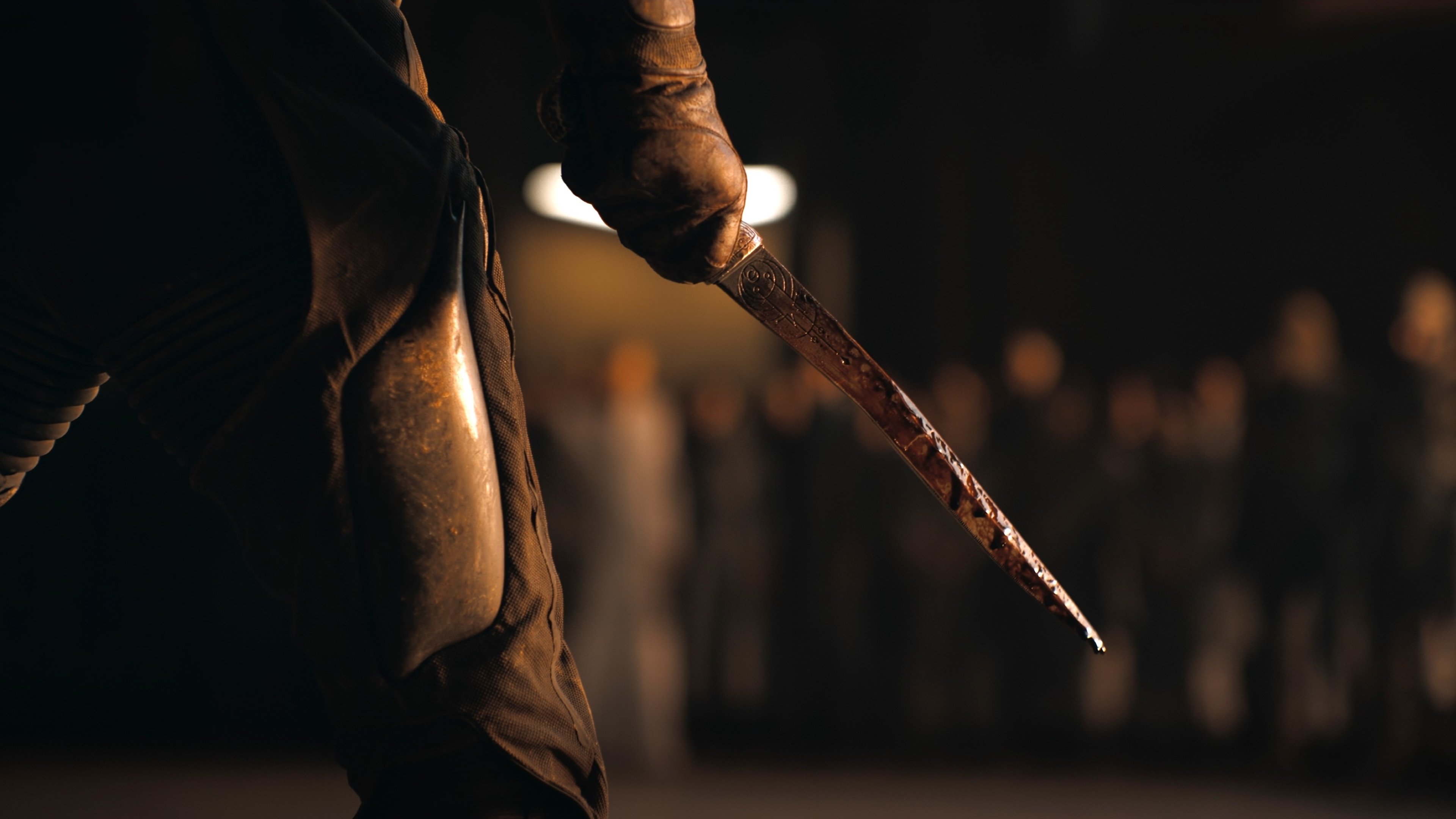
It’s no Part One and I think the pacing’s kind of a mess but Villeneuve’s adaption of an almost-unadaptable (depending on who you ask, I guess) work makes decisions that I think are genuinely interesting, even if I don’t always agree with them. Working with a foundational work like Dune would almost require taking the Annihilation or Children of Men route, where the adapting screenwriters only work off a jist or summary of the book, because there’s a clearly established directorial vision that might clash with the idea of adhering to the inherent boundaries of its source material. If you know you’re not going to please everyone and you’re historically far more interested in making something about what you have to say, then just make it your own thing, right?
Villeneuve certainly does this and has caused a lot of folks to understandably bounce off these movies but I think there’s a reverence for the material that earnestly comes through. To me, at least, it’s a lot more than “remember this thing, from the book?”. There’s a deeper understanding of its story, its characters, its themes, and its unique vision of sci-fi that comes through in how it’s stitched back together as a film. The decisions it adaptively makes don’t feel like compromises but like interesting choices to preserve the parts that matter the most to its overall narrative. That’s sort of rare! You very often get “it had to be this way to cut this story into X amount of parts” but you seldom get “it had to be this way to preserve these moments which matter so much more”. And even without all that, it’s ultimately very watchable cinema. An all-banger cast who deliver great performances, Zimmer’s score is fantastic even if it’s mostly recycled from the first movie, and its NFT-pilled concept artists brought to life a stunner of a visual experience.
That said, if Messiah doesn’t have the guild navigators then Villeneuve is on my shit list forever.
Brief History of a Family
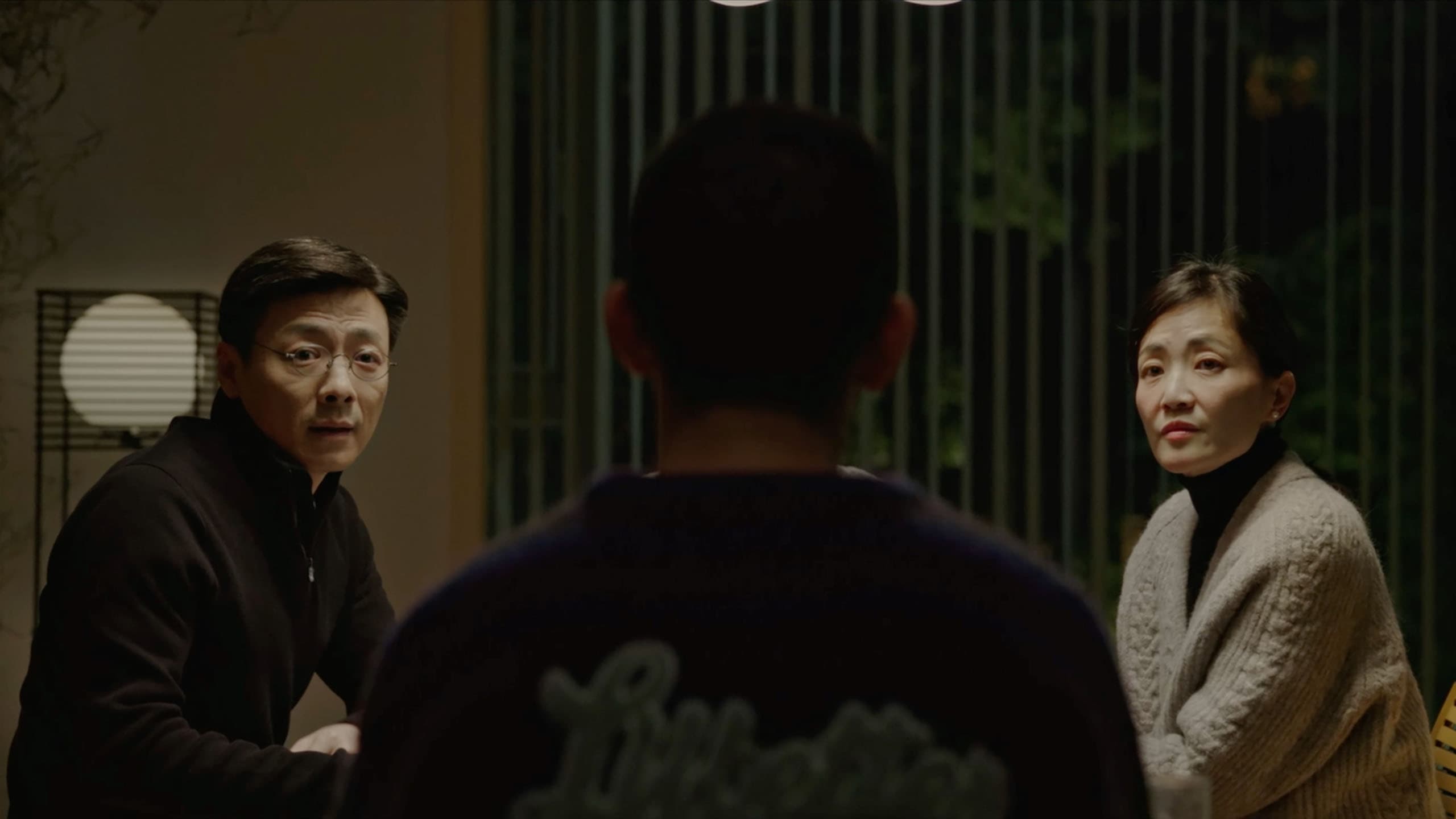
While I’m definitely missing some more culturally specific context on class disparity in China, the broadly-relatable strokes help fill in the blanks in this slow burn of an interloper thriller. Filmed in a time where viral infection is the only lens through which to see the world, Brief History of a Family portrays a post-One Child Policy household’s downfall as a second and radically different kid is informally adopted into it. I can’t say it lands every step but it’s got a unique take on the genre and the nasty loose ends it leaves on still sit with me.
Trap
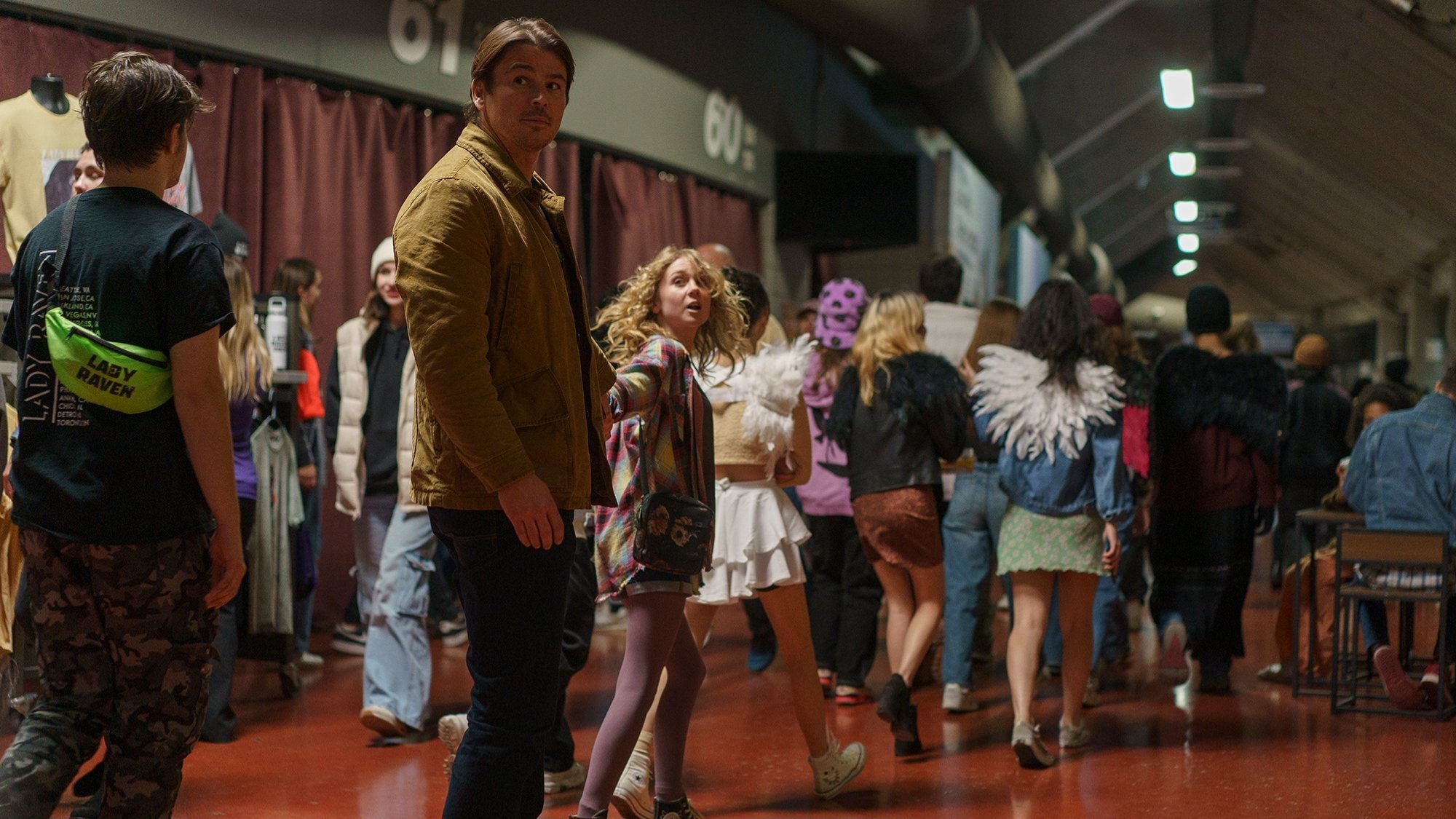
I’m so glad Shyamalan is back, man. I had a lot of fun with Knock at the Cabin but this is him really in his element here. My immediate thought when finishing this was something like “He’s really accepted that he’s the Plot Twist guy” but I don’t actually think it’s that. I mean, it is, but I also don’t think it derisively if it comes across that way. I think he’s become comfortable with being the “Premise” guy because the Shyamalan-like “twist” is revealed in basically the first 5 minutes. What defined, for better or worse, the authorship of his earlier works is now a confident foundation for him to have a singular idea and run with it. It’s the beach that makes you old. These people have to die to save the world. This serial killer has to escape a trap.
If anything, I think the legacy of needing a final twist is starting to hurt him because the resolution of Trap is easily the worst thing about it. It’s a flat thud in a movie otherwise full of momentum, ultimately redeemed by one of my favorite final scenes of the year.
Grand Theft Hamlet
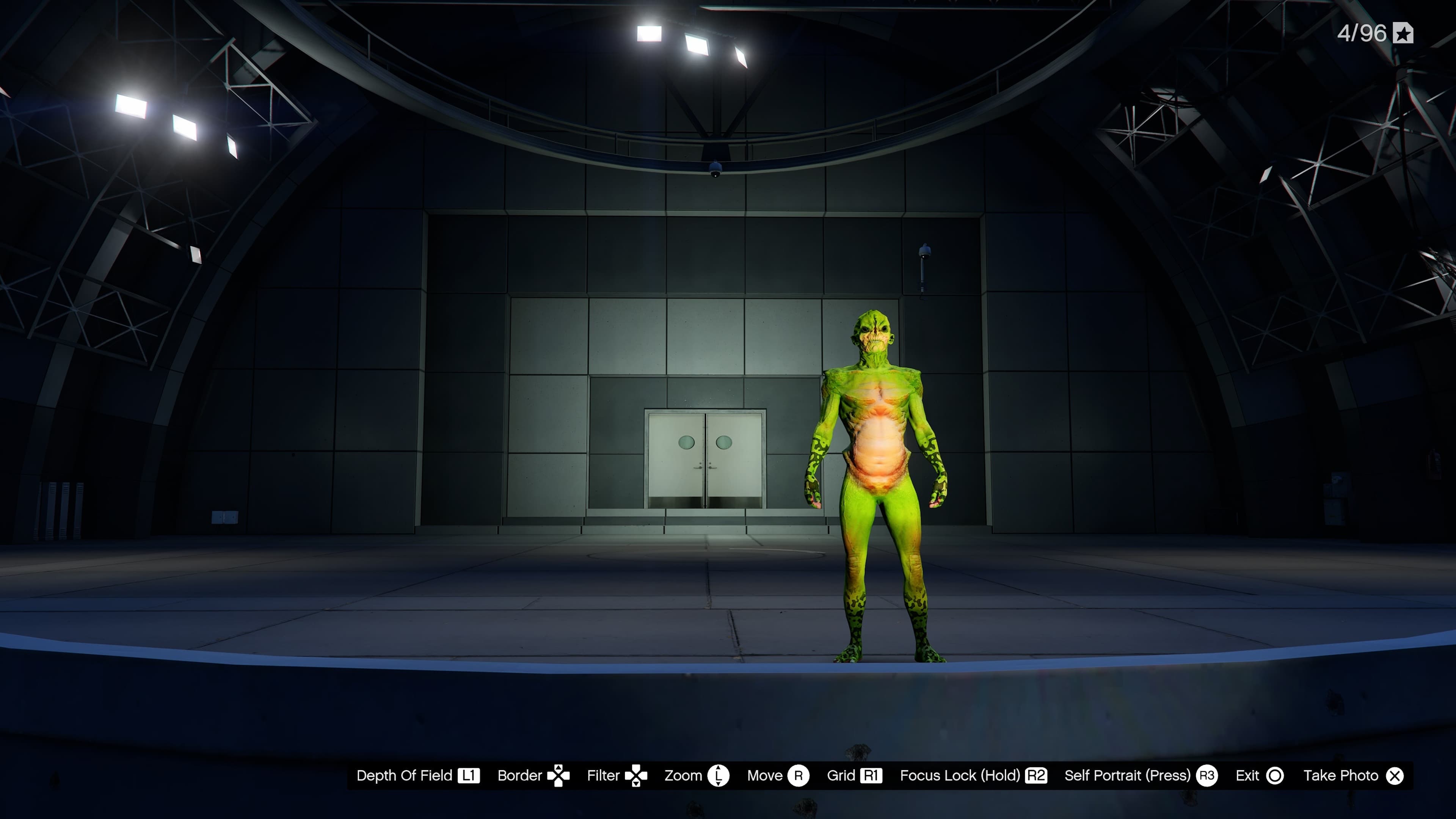
There’s not a ton to reflectively say about this that wouldn’t be reiterating my Letterboxd post but it’s worth watching if you’re a fan of documentaries or stories about online videogame communities. We’ve all likely been a part of one forming in one way or another and I think getting to experience that again from the very beginning makes this relatable in a way that the retelling of personal stories can’t. You can always describe what it was like but to see it take shape is indescribable in its moment, and it’s those moments that Grand Theft Auto is entirely comprised of.
Mononoke: The Phantom in the Rain
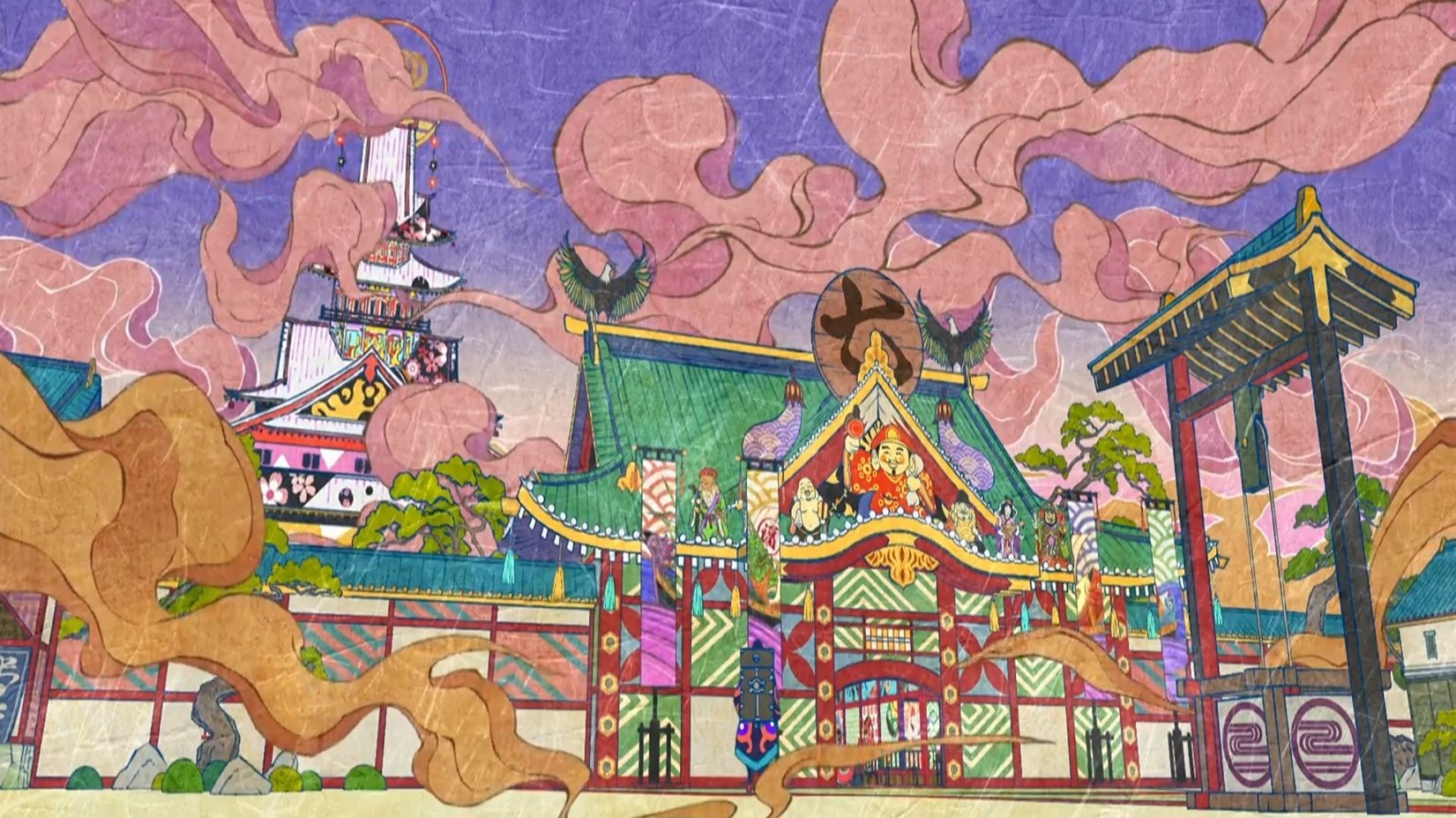
I don’t want to attribute all of this movie’s animation prowess to the success of the Spider-verses but it’s hard to imagine Mononoke ever looking this beautiful without a previous success story to justify the art team having the runway to go this crazy.
Like its adaptive source TV series (and, to a lesser extent, the original show it itself is a spin-off of), Mononoke retells tales of ayakashi and occult curses, rarely ending on meaningful closure for any of the characters fated as prey. A mixture of archaic, overtextured, and vibrant 3D as the stage for hand-drawn 2D, Mononoke creates a space for its folktale to take place that looks and feels as surrealist as its story is. It never stops being incredible to look at and some sequences towards the end left me genuinely speechless. Some true masters-of-their-craft stuff.
Black Dog
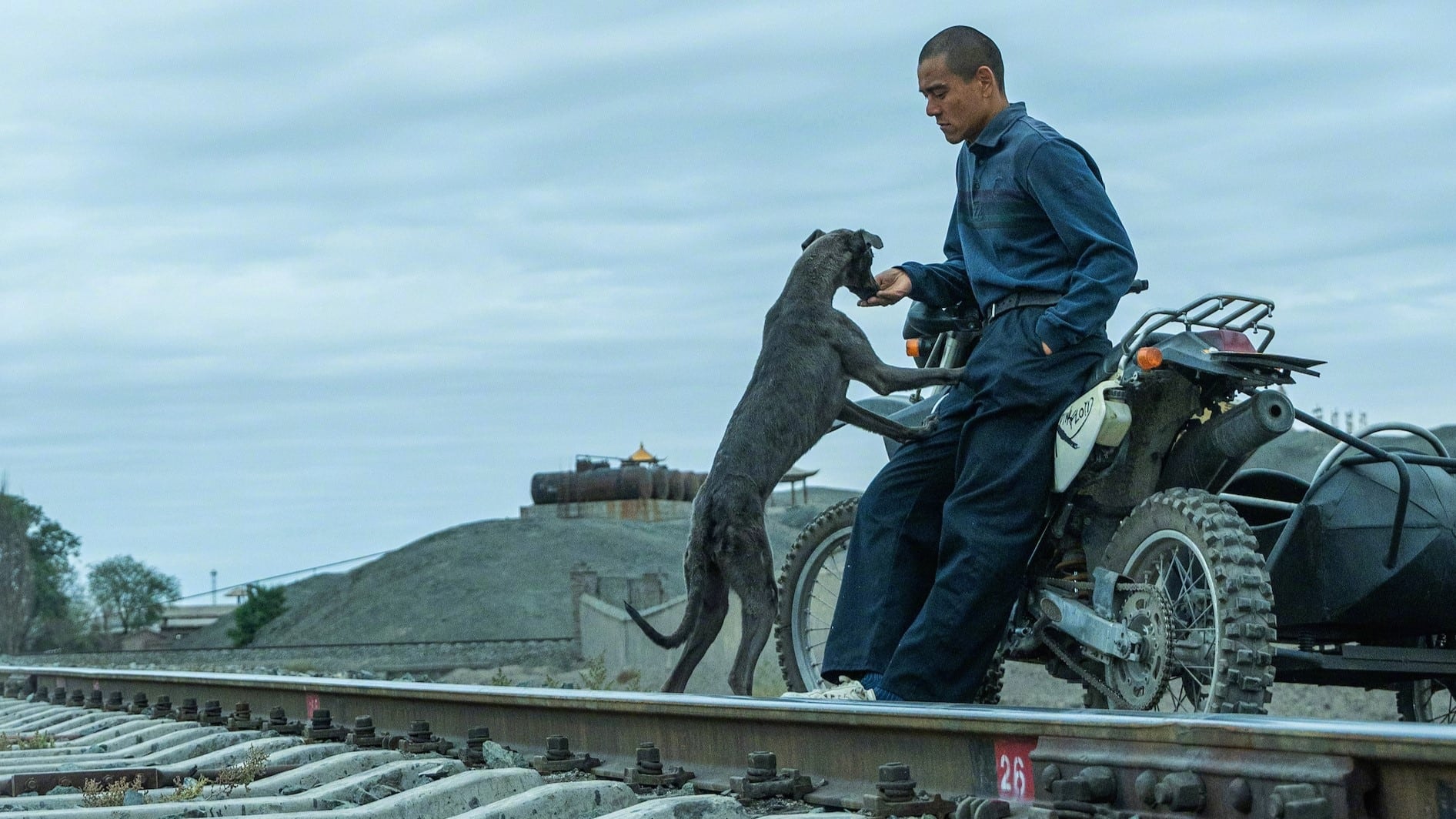
One of the few movies that made me think a lot about Warren Spector’s “a game set in one city block” thing. It’s not exactly this, per se, but it eventually gets to that same space and helps its setting shine. The film follows Lang returning to his hometown, which is a former mining town that is being promised economic uplift by the government prior to the 2008 Beijing Olympics. Released from prison, he returns to see the local population of wild dogs being chased out and, while trying to reconnect with the family and friends he abruptly left behind, befriends one of the dogs that is marked as rabid.
The specific moment in time, and the socio-economical subject matter at the heart of its setting, is one I’ve never seen touched on in any media. It’s undoubtedly the fault of me, you know, not having a ton of Chinese film and TV in my media diet but regardless the experience was rewarding. “A man and his dog” stories aren’t especially uncommon but the setting for this one set it apart for me, especially when you think about what kind of promise these towns were meant to see in real life, and how they were able to film in a location that never saw the economic boom it was likely promised.
Monkey Man
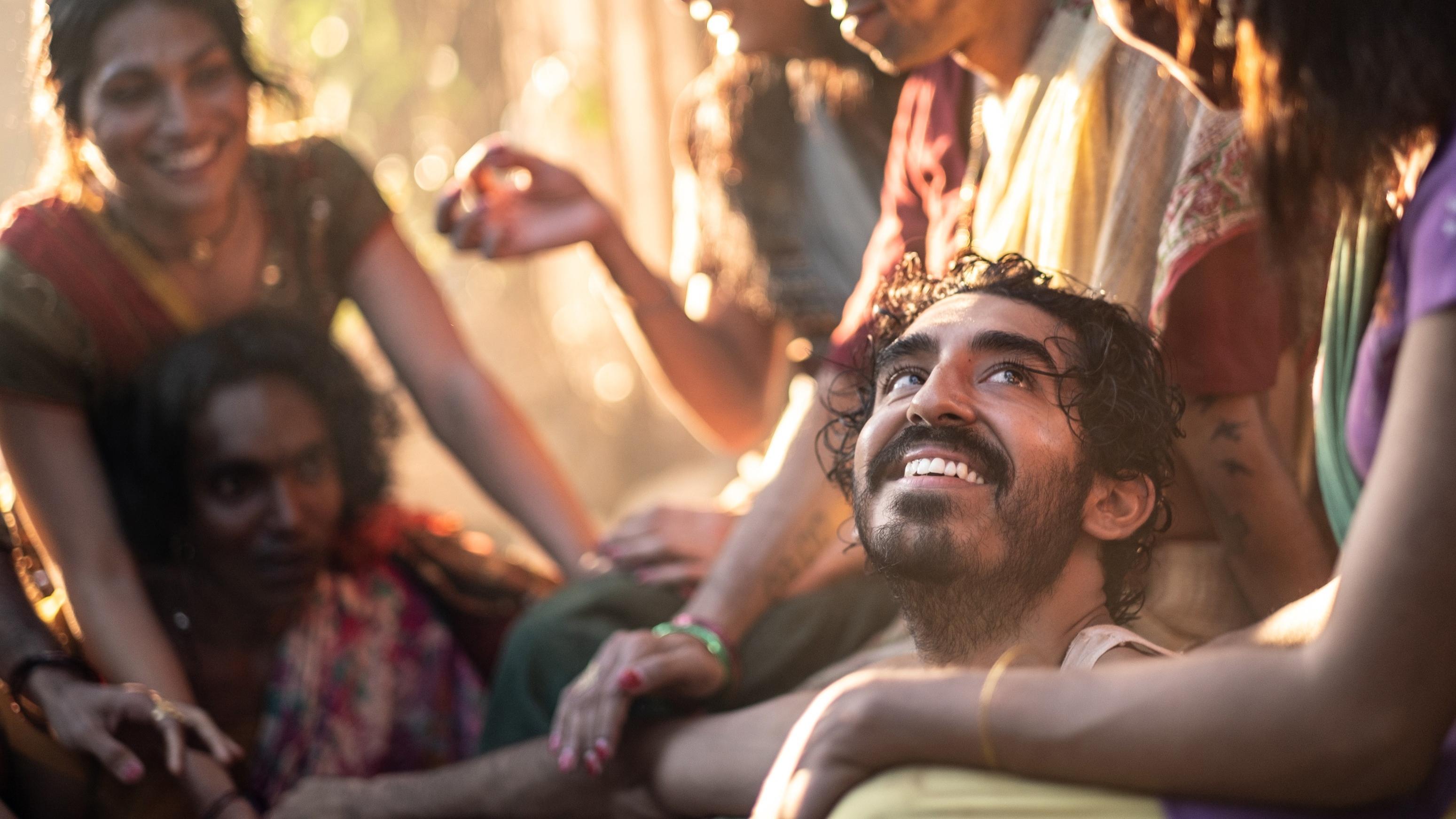
I think I am pretty firmly done with the “revenge action” movie genre. The John Wick-likes. JW4 was kind of a let down for me and its host of copycat films have largely been incapable of capturing what made the early movies so fun and refreshing. It’s fine! Something can run its course and end. I don’t mind.
That said, if these movies are going to continue to exist, then we are definitely in a post-Monkey Man era. It is the best to have done it, bar none. In a genre where you’re always given a catalyst to its eventual mayhem of violence, I don’t know if I can go back to a quick hit of emotional manipulation to cheer on vengeance being delivered. The catalyst here is a fictional story but the emotions it channels are all but too real and it allows Monkey Man to wield the greatest possible tool for this style of narrative: catharsis. To have one of these movies that gives me space to confront my anger at the world, at class disparity, at the police state, and at gender inequality and to scream and shout at all of these horrible forces in my world that are dealt a blow in this world… how do you go back from that? The bar’s been raised to a level I don’t think I’ll ever see topped.
Challengers
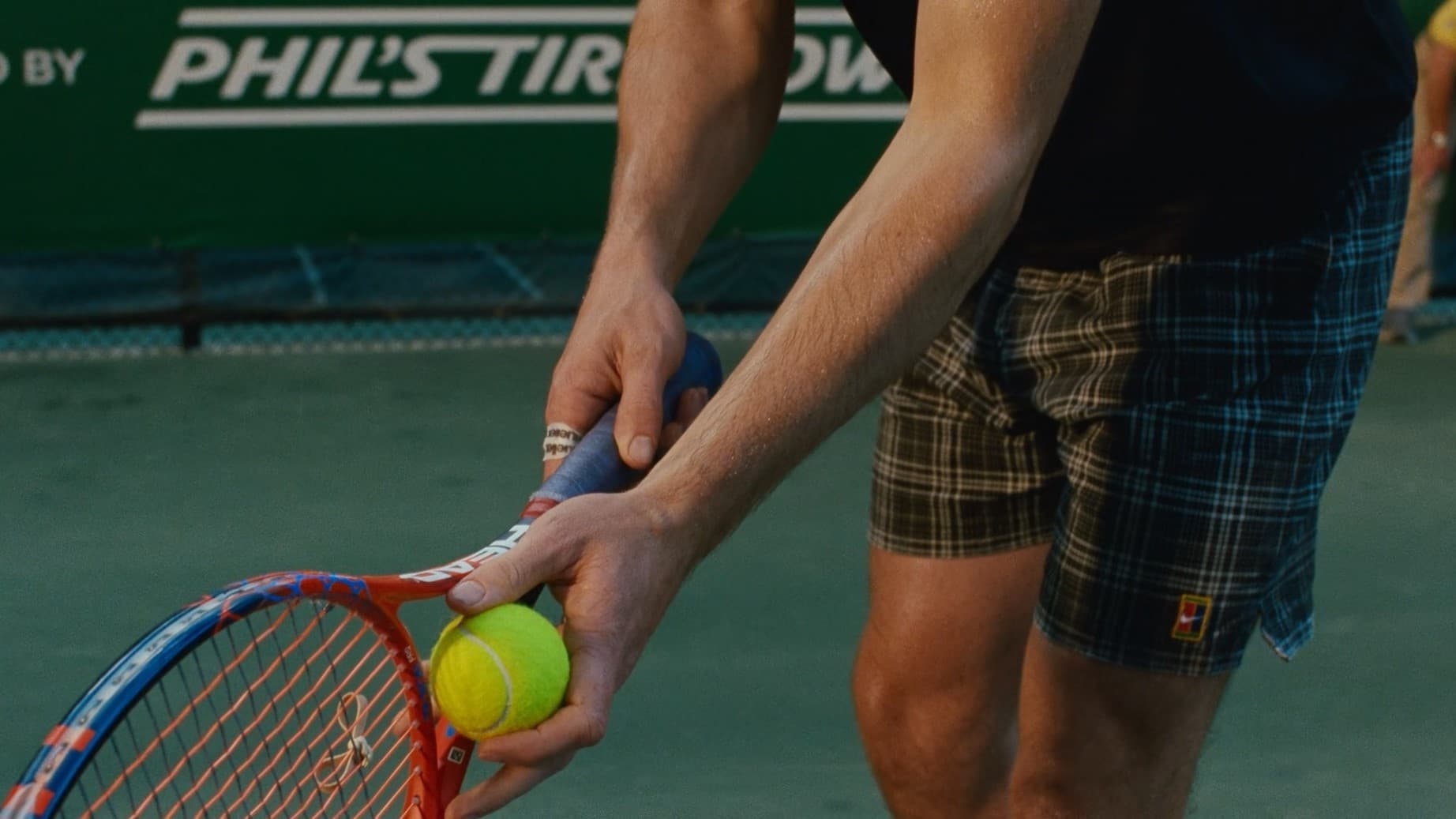
SOME. GOOD. FUCKIN’. TENNIS.
Captivating, funny, charming, toxic, selfish people all incapable of living without one another. A love triangle in all directions so immaculately written that I know I’ll go back to it time and time again as reference for how to better write my own nightmare romances. There’s almost nothing in Challengers I can pick apart. From the moment it starts, the vibe is set, and it never lets go until its heart-pounding finale.
It also managed a task I thought to be impossible, which is Reznor and Ross making a soundtrack to finally rival their Social Network score.
Eephus
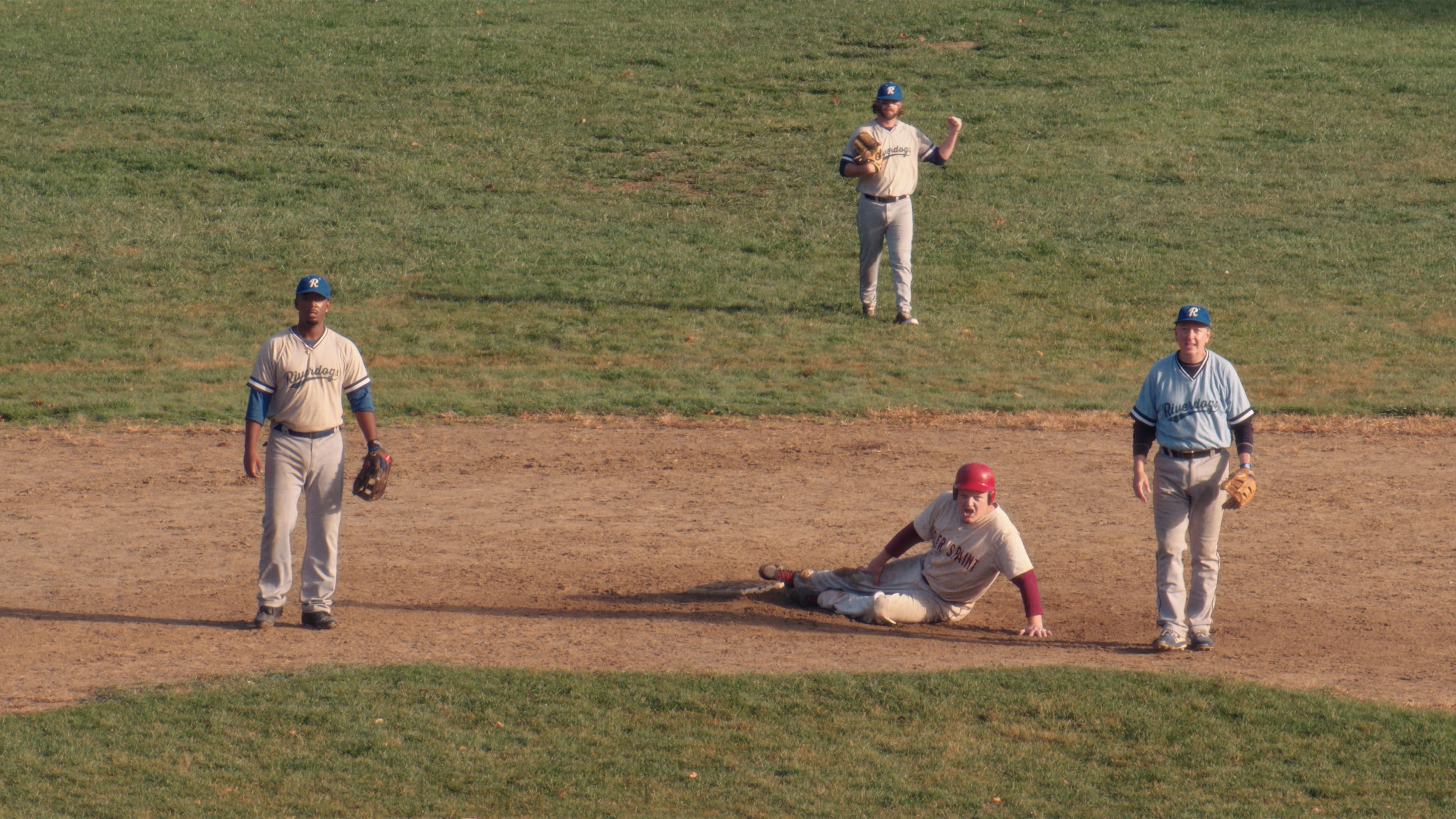
I already wrote at length about Eephus as it relates to some feelings I was processing at the time so there’s little for me to say here that hasn’t been written out previously. Suffice to say that I love it and its themes really resonate with me, even if I’m not especially invested in baseball.
The thing that’s kept it firmly in my memory since seeing it is how endless it feels. The eponymous pitching technique relies on confusing the batter with a ball that seems to travel infinitely longer than it actually is and that Eephus manages this with its editing and writing technique is crazy. It’s also maybe the best looking “shot at night” movie I’ve ever seen. There’s a wild amount of technical skill on display here for a quiet film full of heart.
Look Back
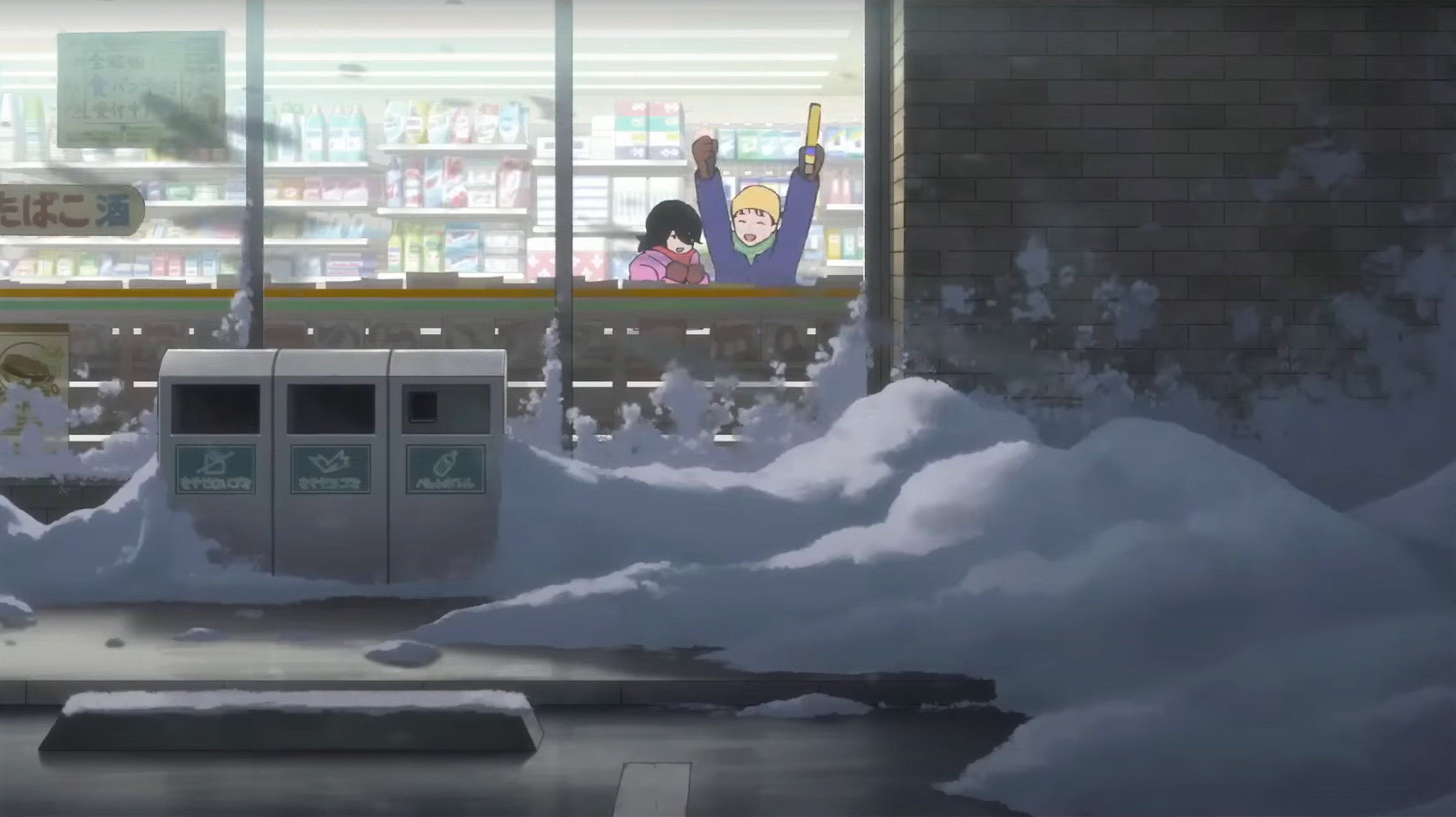
An incredible work, but also one of those “right place, right time” kinda movies. On its own, as a means for its author to process a waking nightmare, it is easily one of the most poignant and personal films I’ve seen. Fujino and Kyomoto’s dynamic is untouchable and there’s so much about their respective art journeys to connect with.
It’s also a movie I watched in a year where I’ve lost nearly my entire drive to create. Health issues, creative burnout, the closure of the only place I felt comfortable sharing art, the proliferation and broader indifference to computerized plagiarism, and a handful of other things all contributed to the longest span I’ve had where I just can’t figure out why I’m doing what I do anymore. Why do I do this? What do I get out of this? What keeps me going?
I don’t have an answer, still. I might never have one. The idea that I’ll wake up tomorrow morning and the spark will be back is silly and I’m not expecting that. Watching someone process that loss of drive, for albeit very different reasons, I think gave me the space to sort of… mourn and accept that whatever era I hoped would come back or exist again is just gone. Time will not move backwards. All I can do is move forwards because the drive will not come back if I’m standing still to begin with.
The final shot will stick with me forever. It doesn’t matter what you’re working on now or what your current or future goals are. There’s four cells, what do you see in them? When something materialises, no matter what it is, you’ll know there’s something inside you needing to bring something to the world that didn’t exist before.